
Social Change Abstracts
School: Media and Communication
Presentation: Second Milestone Review
Title: Which pathways lead women to successful careers in the Australian film industry
Abstract: not provided
School: Education
Presentation: Second Milestone Review
Title: Mathematics Teachers Reflective Practices in Bhutanese Secondary Schools
Abstract: The global shift in mathematics education from the traditional-transmission-model to the contemporary-constructivist-model has challenged teachers’ beliefs and practices. Prior to the early 1960s, formal schools were not popular in Bhutan. The Indian curriculum was adopted in the 1960s and taught by Indian teachers. In the process of making learning more relevant to the Bhutanese context, a Western style mathematics curriculum based on the National Council of Teaching Mathematics (NCTM) was introduced in the 1980s. The Ministry of Education (MoE), Bhutan, initiated Professional Development (PD) for teachers to align the intended and enacted curriculums. However, the curriculum reforms and PD programmes were not fully successful. Mathematics has remained one of the poorest performing subjects in Bhutan (Bhutan Council of School Examination and Assessment (BCSEA), 2019). According to Aldahmash et al. (2021), reflective practice in the mathematics classroom in Saudi Arabia has led to improvement in student learning and helped teachers shift their beliefs and practices. It is deemed that reflective practice of mathematics teachers within Bhutanese context could help to attain the goals of reformed curriculum and make PD programmes effective. However, implementing reflective practices to the whole country is not without its challenges. This qualitative study investigated the Bhutanese secondary mathematics teachers’ reflective practices, their effect on teachers’ beliefs and classroom practices, and the impact of professional learning within the semiotic mediation framework of socio-cultural theory.
The findings will provide teachers, Ministry of Education, and policy makers in Bhutan with new insights into how reflective practice is perceived in Bhutanese schools, and to assist in the design of professional learning for mathematics teachers enabling them to enact the new curriculum. Moreover, it will contribute to the global literature on mathematics teachers’ reflective practice from a Bhutanese social and cultural perspective.
Image credit: Adobe Stock

School: Media and Communication
Presentation: Confirmation of Candidature
Title: Exploring the unexplored and unwritten: A creative exploration and contribution to representation by closing gaps within YA gay literature
Abstract: This thesis interrogates the canon of gay YA literature from 2005-2024. In particular, stories with male narrators aged 15-18 who are same sex attracted told in the first-person perspective in the contemporary realistic genre, to identify representational and thematic gaps existing within the canon. A creative response in the form of a novel, drawn from the content analysis and conclusions drawn from the canon of literature, builds upon the existing literature by addressing representational and thematic gaps found in the literature such as writing a novel set from the perspective of seventeen-year-old Diego Clarke, a deaf and autistic protagonist who was adopted by two gay parents. After being raped at a party, Diego seeks out a psychologist and is recommended to a summer camp with other queer and neurodivergent youth to discover themselves and process trauma. He sceptically agrees, unknowing of what or who he will discover. The novel, currently untitled, explores the intersectionality of neurodivergence/disability and gay identity.
Image credit: Yannick Pulver - Unsplash

School: Media and Communication
Presentation: Second Milestone Review
Title: Ecstatic Essaying
Abstract: Ecstatic essaying is the name I give to a mode of inquiry that takes ecstasy as both a subject and an affect to embody through writing. The project builds into the headway made so far into the essay form via memoir and ritualistic practices, to continue to think sprawlingly and acutely about what ecstasy might mean for writing. The current search for meaning takes the form of a series of shorter, digressive essays disambiguating ‘ecstasy’, and a gathering of terms in ecstasy’s orbit: in particular, ‘spiritualism’, ‘mysticism’ and ‘magic’. Deliberately foregoing clear definition of such terms, I argue for the essay as a frenzied pursuit of metaphors for the ineffable. I argue that a style of ongoingness, openness, composing-on-the-go (Stein; Retallack), and possibly ‘head-bashing’, is productive of ecstatic feeling for creative writers and readers. The practice of ‘ecstatic reading’ could be said to form a second ‘side’ of this project, my essay practice being a place to conduct creative readings of texts, as well as ecstatically reading and reflecting for the critical dissertation. Pursuing the closeness of mystics with their god/s, I investigate the performance of glossolalia, channelling spirits, and ritual and the relation of my colonial ‘voice’ to stolen Country. Pursuing the closeness of writer and reader, I investigate the performance of sincerity, vulnerability and confession in a post-Catholic and post-MeToo context. The pursuit of an elusive object plus the dynamic tension of confession and artifice gives the writing energy, and the elusive nature of ‘ecstatic writing’ allows for wide ranging movement and an ongoing joyful performance that melts into real life fun.
Image credit: Gareth Morgan
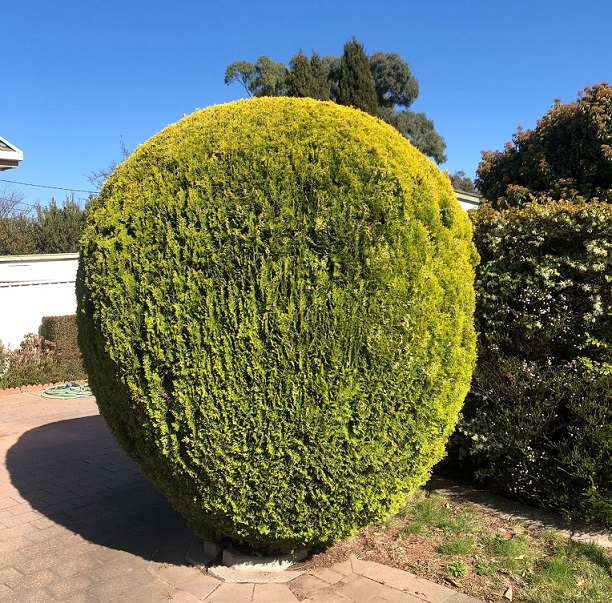
School: Global, Urban and Social Studies
Presentation: Second Milestone Review
Title: The Borrowing Method: Is it the best solution for translators, linguists and students to use when translating new or invented vocabulary?
Abstract: One of the aims of the recently implemented Saudi Arabia Vision 2030 strategy is focused on strengthening education, entertainment, and tourism to attract international visitors to the country. To promote and increase the tourism sector, tourism translation can serve the tourism industry by translating various materials that promote the country’s tourism such as brochures, catalogues, and websites (Alangari, 2022; Qassem and Sahari 2023). In order to achieve the goal of enhancing tourism in Saudi Arabia, promotional texts related to tourism and Saudi culture will need to be translated into English and addressed to non-Arabic-speaking potential tourists.
My study will assess students' preparedness to become professional translators capable of promoting and representing Saudi Arabia to non-Arabic speaking tourists, while also contributing to the objectives of Vision 2030, particularly in enhancing the tourism sector. This study will assess students' ability to translate tourism texts to promote Saudi Arabia to non-Arabic readers.
Results analysed to date suggest that a number of student translators faced challenges such as choosing a suitable translation method, omitting some key terms or words during the translation process, and managing their time, all of which may indicate a lack of practice in translating texts of this nature and lack of awareness regarding translation strategies most suitable for the genre.
Image credit: Budur Atiah Allah K Alsulami
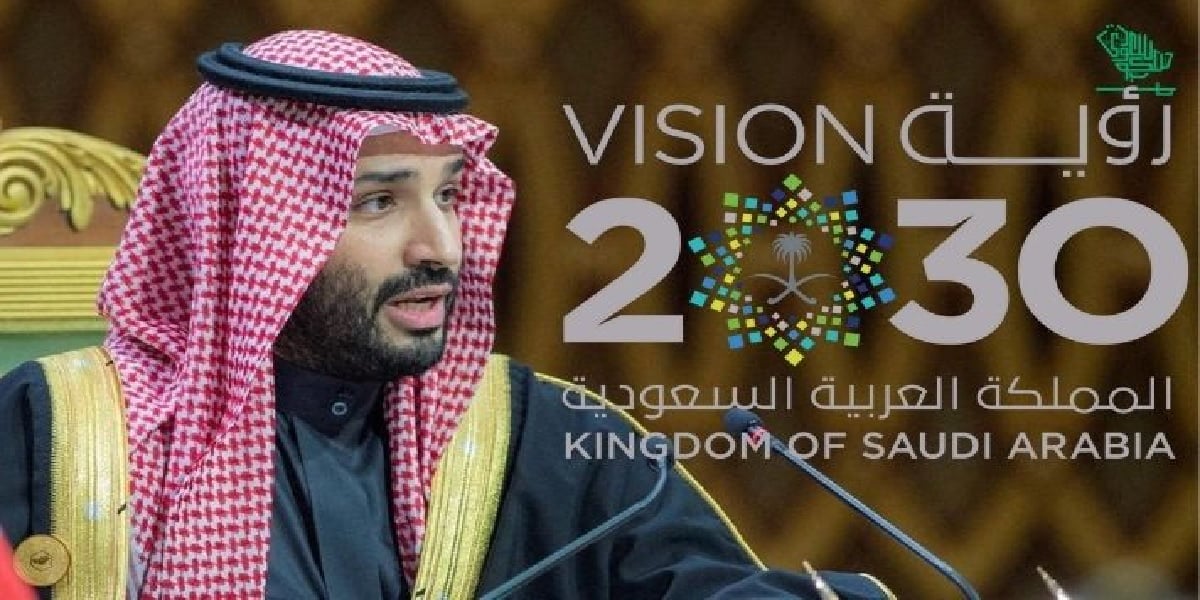
School: Global, Urban and Social Studies
Presentation: Second Milestone Review
Title: Trans and Gender Diverse Individuals' Experiences of Incarceration in Australia
Abstract: This research examines the experiences of trans and gender diverse (TGD) individuals incarcerated in Australian prisons, focusing on systemic inequalities, social narratives, and psychosocial factors that shape their treatment. Through interviews, grey literature, and media analysis, it explores the voices and stories of those with lived experiences while critically evaluating the public narratives constructed around them. Personal accounts reveal how cisnormative biases lead to discriminatory policies and practices that expose TGD individuals to direct harm within carceral settings. By contrasting these lived experiences with externally imposed representations, the study highlights the harmful narratives andnwidespread ignorance that perpetuate societal discrimination. The presentation will investigate how bias and cisnormativity intersect with TGD experiences and explore the broader implications within institutions such as the criminal justice system.
Image credit: Scarlet Rosa

School: Media and Communication
Presentation: Second Milestone Review
Title: The role of Circular Practices influencing consumers' attitudes, perceptions and behaviours regarding food waste
Abstract: Food waste presents a significant socio-environmental challenge, with widespread implications for global sustainability. Addressing food waste is crucial as it aligns with SDG 12.3, which aims to halve food waste by 2030. It is crucial to enhance the understanding of reducing food waste by adopting practices that prevent food waste generation, such as circular practices. This research aims to analyse how circular practices can influence consumer food waste behaviours in hospitality settings. To achieve this aim, the study will employ a mixed-method methodology through three empirical studies, using interviews and online surveys to collect data from a global population for analysis. Study 1 consists of a systematic literature review examining scholarly work on circular practices in the hospitality sector related to food waste across the Food Waste Hierarchy. Results from Study 1 will provide the foundation for Study 2 aims to explore the current circular economy consumer food waste behaviours within hospitality settings using the within the Food Waste Hierarchy as the basis. Study 2 will inform Study 3. Hence, it is anticipated to use of a mix-method approach to develop a measurement scale for circular economy food waste behaviours. Future results aim to contribute to the existing literature by providing insights into current of circular economy food waste behaviours. Additionally, the research project aims to provide a measurement scale to assess the impact of the circular economy on food waste engagement.
Image credit: Marcelo Cardenas Toledo
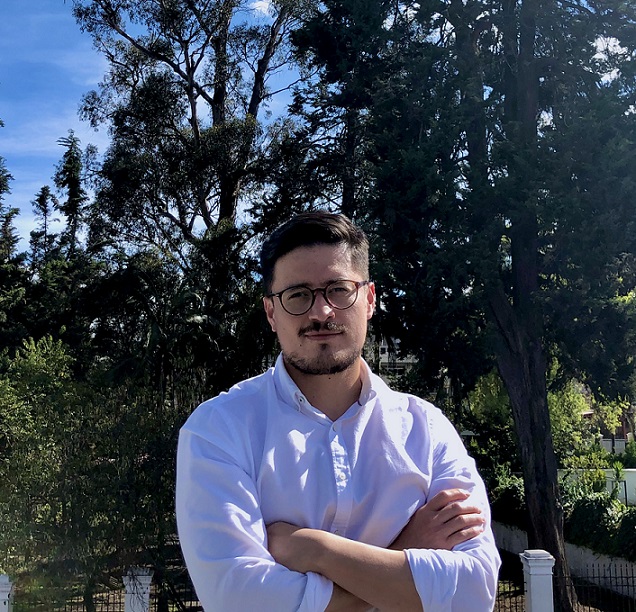
School: Media and Communication
Presentation: Third Milestone Review
Title: Body Common: Writing Boundary as Threshold
Abstract: The emergence of permanent physiological change, in disability or illness, can produce a crisis of meaning for the subject who experiences it. This creative practice project uses nonfiction writing to investigate the effects of illness (related to food and eating) on understanding the world and the self, and the relationship between the two. The result is the development and use of a metabolic framework of analysis, which challenges the bounded, liberal individual, and the notion of the body as a defensible unit of one. Being in constant exchange is one of the conditions of life, whether at the level of cell, human body, or ecosystem. Thus, the metabolic framework puts forward that health as it is experienced by the individual is inseparable from flows of energy, matter, and power under capitalism. The impacts of this on writing is explored using an interdisciplinary approach, producing an interdependent creative work and exegesis, allowing the deployment of different modes in approaching the topic. I write about an individual experience of health to explore how power is embedded corporeally on a larger scale. This decentralises the individual, and the tendency to solipsism in nonfiction memoir writing about illness. The metabolic framework used in this project is transposed from waste studies, and allows me to consider illness as an expression of a history of somatic relationships and systems. Thinking metabolically is thinking change through and with what is external. Writing creatively using this framework is intended to illuminate the social and historical constitution of illness and expand what is considered ‘normal’.
Image credit: Alex Gerrans

School: Media and Communication
Presentation: Confirmation of Candidature
Title: Regenerative Packaging: Modifying consumer behaviour towards food waste awareness and reduction
Abstract: Food waste continues to present a complex environmental challenge, particularly in retail settings where consumer choices are a key factor in waste generation. Developing pathways that encourage more sustainable consumer decisions is crucial, and interventions play a central role in this effort. As such, this PhD research aims to investigate how retail interventions can influence consumer behaviour to minimize food waste. The study will adopt quantitative approaches, gathering global data through online surveys, and applying Structural Equation Modelling (SEM) for analysis. The SHIFT model will be the framework used to assess existing retail interventions focused on reducing food waste behaviour, helping design more effective future interventions. The research is expected to provide practical insights for retailers and policymakers, contributing to a clearer understanding of how interventions can shift consumer perceptions and support lasting changes in behaviour to reduce food waste.
Image credit: Juan Jose Cardenas
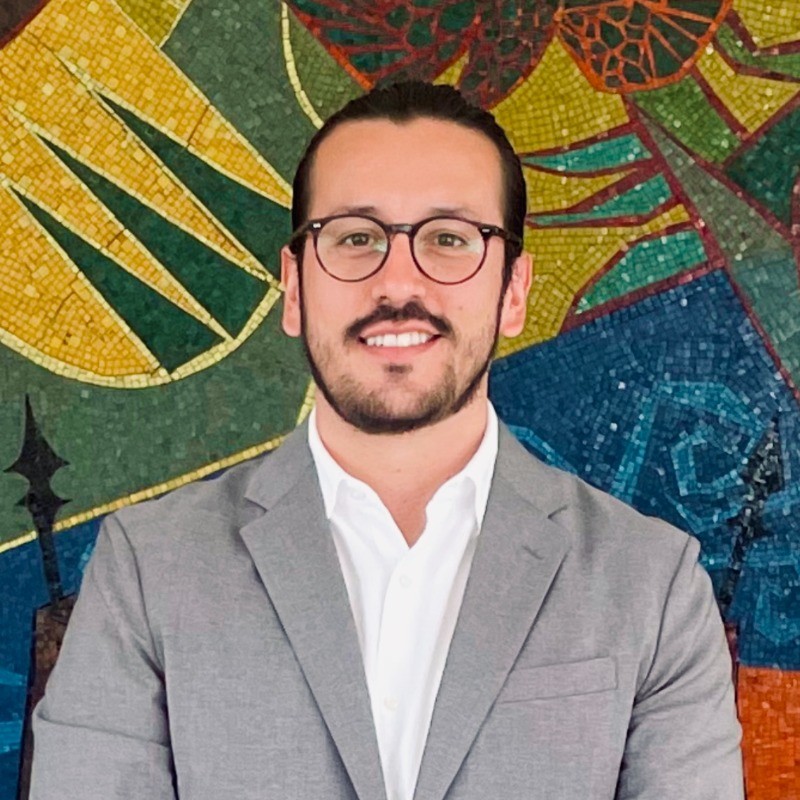
School: Global, Urban and Social Studies
Presentation: Third Milestone Review
Title: Translators as Ear Witness: Towards Best Practice in Forensic Translation and Transcription
Abstract: Forensic translation is the task of converting audio source into written text which is used as evidence in a wide range of criminal cases.
In monolingual settings, forensic speech evidence plays an integral role in the legal system. However, when the audio recordings contain Languages Other Than English the speech interaction needs to be translated into English, therefore T&I practitioners are engaged to carry out the task.
In practice, translating poor quality recordings into English is a complex, dynamic process, which goes beyond the linguistic level. Prevailing approaches may result in disputed utterances in court among litigants as they are devoid of encoding prosodic and paralinguistic features. The challenging task is compounded by the lack of available training for the T&I practitioners to learn how to undertake such assignments as well as the absence of work protocols and guidelines provided by the law enforcement using the T&I services.
The best practice method recommended by the National Association of Judiciary Interpreters and Translators for Forensic Transcription and Translation involves a two-step process, yet its applicability to the Australian context has not been tested. This research analyses the effectiveness and limitations of recommended two step and direct translation approaches and their impact on the way evidentiary audio recordings are transferred into English.
Image credit: Elhan Uzun
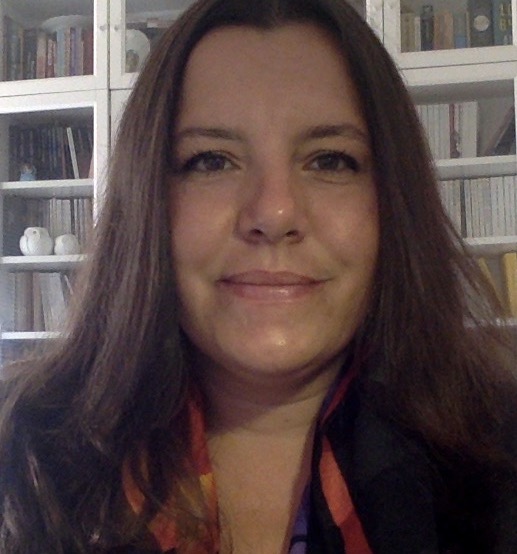
School: Property, Construction and Project Management
Presentation: Second Milestone Review
Title: Adopting Workplace Mental Ill-Health Preventive Approaches In The Australian Construction Industry – A Readiness For Change Assessment
Abstract: Research indicates a high prevalence of poor mental health globally, particularly in the construction industry, resulting in calls for proactive mental health strategies. Consequently, impending Occupational Health and Safety Amendment (Psychological Health) Regulations 2022 (VIC) make prevention-based approaches mandatory. This regulatory change demands adequate organisational readiness to comply. Hence, this research uses a qualitative design to assess the construction industry's readiness to adopt prevention-based approaches in workplace mental health management. Organisational readiness levels are determined using an organisational readiness for change framework, integrating structural and psychological factors. Initially, document analysis explored construction stakeholders’ opinions about prevention-based approaches by reviewing submissions in response to the draft regulations. This baseline information informs objective two, to evaluate pilot prevention-based initiatives in the construction industry and document the related experiences, barriers, and challenges through an exploratory comparative case analysis. This will inform objective three to ascertain construction industry stakeholders' perspectives on the industry's preparedness to adopt prevention-based approaches to workplace mental health management through semi-structured interviews. Lastly, recommendations will be made based on outcomes. Findings of the construction stakeholder submissions analysis revealed five themes that relate to the framework factors: 1) external drivers for change, 2) psychological factors, 3) structural factors, 4) enabling factors, and 5) leadership. The most represented sub-themes in the data include training and awareness, and resource constraints.
Image credit: Adobe Stock
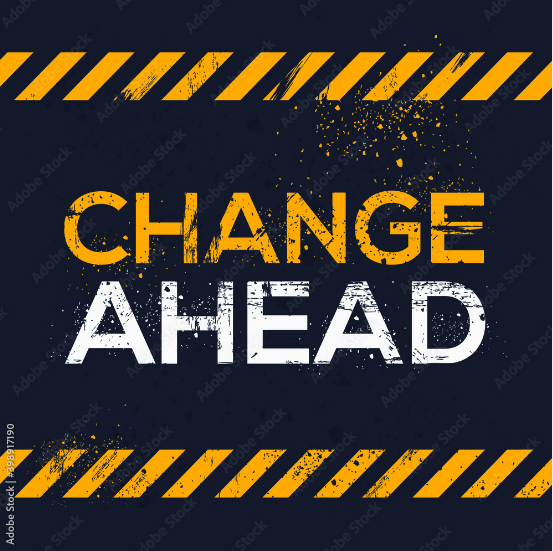
School: Media and Communication
Presentation: Third Milestone Review
Title: The death knock - understanding why and how journalists approach the bereaved for stories about loss and grief
Abstract: Journalists routinely write stories about people who have died in newsworthy circumstances, regardless of whether they are well known. Journalists seek out official sources such as police for information about the person’s death and unofficial sources such as bereaved family and friends for information about the person’s life, and this is one of the hardest aspects of journalistic work. Journalists call this assignment the ‘death knock’ because in pre-internet times it required knocking on doors to ask for interviews and photographs. Now journalists are most likely to start – and even end – their newsgathering on social media, where they can quickly and easily access personal information including photographs and tributes to reproduce in their stories, sometimes without the permission or knowledge of grieving families. Unsurprisingly, the ‘digital death knock’ can compound families’ trauma, but what is less known is that it can also impact journalists, sometimes in the form of ‘moral injury’, when they breach their ethical code. This research seeks to develop a model for an ethical death knock that can mitigate harm to journalists and the bereaved they interview.
Image credit: Alysson Watson
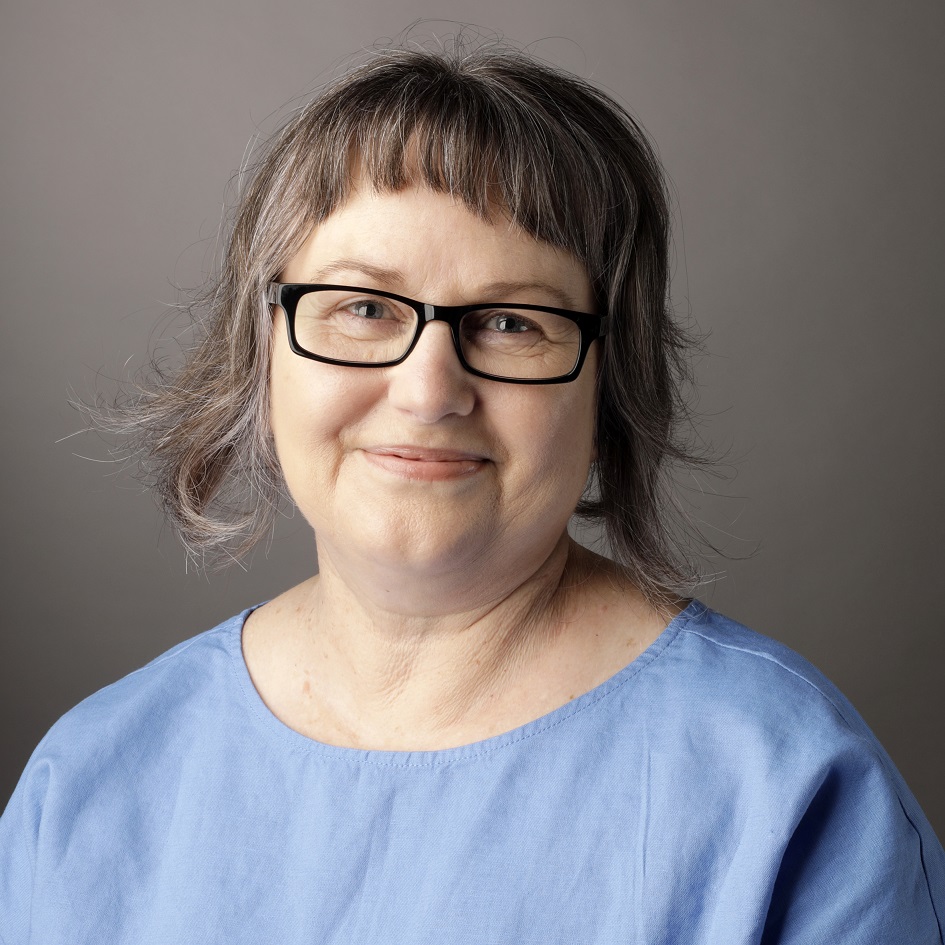
School: Media and Communication
Presentation: Second Milestone Review
Title: The Influence of Advertising on Consumers' Purchasing Behaviours Towards Ugly Food for Food Waste Reduction
Abstract: Marketers and advertising agencies are required to have a thorough understanding of their customers. Understanding customers' attitudes may lead to successful advertising campaigns and marketing strategies that effectively influence consumers' opinions about purchasing particular products. The aim of this study is to explore how advertising may be used to shape consumer attitudes and behaviours to combat the issue of food waste related to ugly food. According to Shao et al. (2020), the term "ugly food" refers to vegetables and fruits with unusual shapes, colours, or sizes that are often discarded, resulting in a substantial quantity of food waste. This research consists of two key phases: first, a comprehensive literature review examining the potential influence of advertising on reducing ugly food waste. The second phase involves administering an online questionnaire to households, focusing on their perceptions of ugly food. The outcomes of these stages promise to provide valuable insights for the marketing and advertising industry, offering a deeper understanding of target audiences and their responsiveness to advertising strategies in the context of food waste reduction.
Image credit: Adobe Stock

School: Media and Communication
Presentation: Second Milestone Review
Title: I'm okay if I'm allowed to be recognised
Abstract: I want to tell a story, not just any story, but a personal story about a subject close to my heart…
Creative nonfiction—the telling of fact in a creative form (Fox and Lannin 2007)—arouses scrutiny. A writer's ability to address observations, cross fields of practice and contribute to schools of thought is often confronted with legitimacy. With a need to be conscious of author motivation, frailty of memory, and factual representation, the question is raised: How does creative nonfiction navigate methods when representing a sense of self?
This research, a practice in creative nonfiction, will have two outcomes:
The methodology—creative practice research—is led by my training in creative writing. It includes auto/ethnographic qualitative research incorporating creative writing and journalism approaches to prose. The creative nonfiction manuscript will contain chapters incorporating different forms (lyric and personal essay, first and third-person memoir, interviews). The accompanying exegesis will consider a creative writer’s challenges when representing nonfiction. Intersecting the disciplines of creative writing with journalism and psychology, the research considers subjectivity in representation. The praxis builds on the significance of the personal and its value in creating an arena for discussion (Levine-Rasky, 2019).
Image credit: Judith Rankin
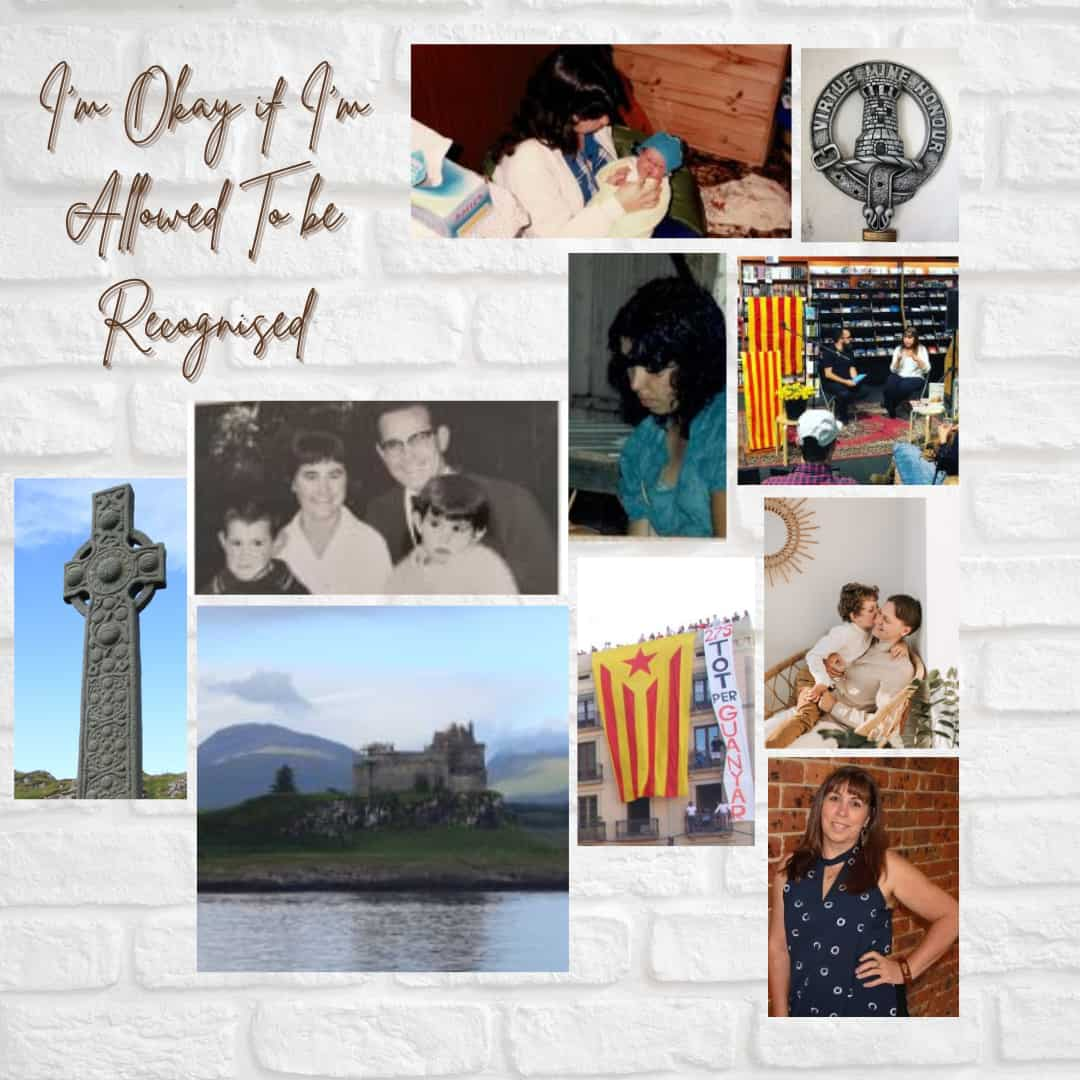
School: Global, Urban and Social Studies
Presentation: Second Milestone Review
Title: Towards the Construction of Professionalism in the Interpreting Profession in Saudi Arabia: An analysis of Current Practices, challenges, and Proposed Solutions
Abstract: This research addresses the professionalisation of interpreting in Saudi Arabia, an area that has received little attention despite a growing body of literature on the subject. The study aims to explore how interpreting is perceived as a profession within the region and identify necessary improvements to meet evolving market demands and establish interpreting as a fully-fledged profession. It will assess the current state of the interpreting market in Saudi Arabia, evaluate the role of local organisations in regulating the profession, and investigate the needs and challenges faced by interpreters, language service providers, and language service users.
To guide the analysis, the research will draw on two theoretical frameworks focused on professionalisation, originally developed in the fields of social work and interpreting. Qualitative data will be gathered through a national survey, employing mixed methods such as questionnaires and interviews with various stakeholders, including interpreters, service providers, and decision-makers from three government entities.
The anticipated findings are expected to provide valuable insights into the current level of professionalisation achieved by interpreting in Saudi Arabia, as well as the factors that may be promoting or hindering its advancement. Furthermore, the research will offer targeted recommendations for the further development of the interpreting profession, ultimately aiming to benefit all stakeholders involved and enhance the quality of interpreting services throughout the country.
Image credit: Milaf Alkuraya
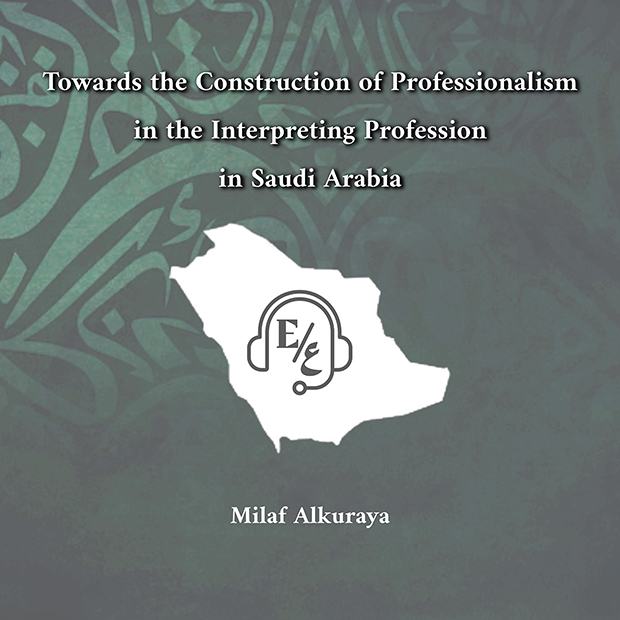
School: Media and Communication
Presentation: Second Milestone Review
Title: Algorithmic Capitalism with Chinese Characteristics? A Critical and Comparative Analysis of Chinas Social Credit System
Abstract: This thesis takes an interdisciplinary approach combining science & technology studies (STS) with political economy to critically analyse the data infrastructures and credit platforms of China’s Corporate Social Credit System (CSCS). The first contextual chapter reviews three major threads of academic literature on the CSCS: sociological analyses of its surveillance, reputational and governance aspects (xinyong), economic analyses of its financial credit sub-system focusing on small- and medium-sized enterprises (zhengxin), and other literature on its informational/data infrastructures (xinxi). The second theoretical chapter critically examines two major themes that conceptually frame the remainder of the thesis: infrastructures/networks and intermediaries/platforms. These conceptual themes naturally cut across both social science and ‘hard’ science disciplines – as indicated in the headings’ syntax (social studies of technology/information technology). The sectoral areas of data and finance are examined in detail as they relate to the analysis of China’s CSCS undertaken in latter chapters. The third methodological chapter retains the infrastructures/networks and intermediaries/platforms structure to review major methodological frameworks in the relevant literature – e.g. infrastructural inversion and platform walkthroughs. Furthermore, the thesis’ research design of ‘Digital China Methods’ is explicated through narrative discussion of access to mainland China information networks, particularly during COVID-19, as well as more formal discussion of qualitative and quantitative methods. Finally, a draft of the first empirical chapter on the CSCS’s data infrastructures – which undertakes infrastructural mapping, historical analysis of data classifications, and platform walkthroughs – concludes the work in progress submitted for this second milestone.
Image credit: Wynston Lee

School: Global, Urban and Social Studies
Presentation: Confirmation of Candiditure
Title: Chinese Overcome: The Historical Achievement of Singaporean Nationhood
Abstract: The official version of the past is often structured for the purposes of nation building. The research analyses the case for Singapore, who declared after its independence that it had no history, but later used the past to craft a national narrative. Singapore, as a nation with a Chinese majority who lacks influence on shaping the narrative, is an exception among nations incorporating different ethnic groups. The research is the first historical inquiry into how this anomaly came to pass. Focusing on three events that provoked intense emotions and controversy among the Chinese community for decades, the research studies why and how the government was able to control the narrative in these cases and investigates to what extent the official history was a narrative waged in service of the needs of nation building. These three events are: the Singapore Chinese Massacre of 1942, the blood debt issue in the 1960s and the closure of Nanyang University in 1980. They remain sensitive and contentious issues to this day. Departing from the norm of relying solely on English language sources in writing about Singapore history, the research expands the scope of historical interpretation by referring to Chinese and Japanese sources. It contributes to a growing body of scholarship in examining Singapore’s national narrative concerning the Chinese community during the emergence of Singapore as an independent country from the 1950s to the 1970s.
Image credit: Hwee Ping Teo
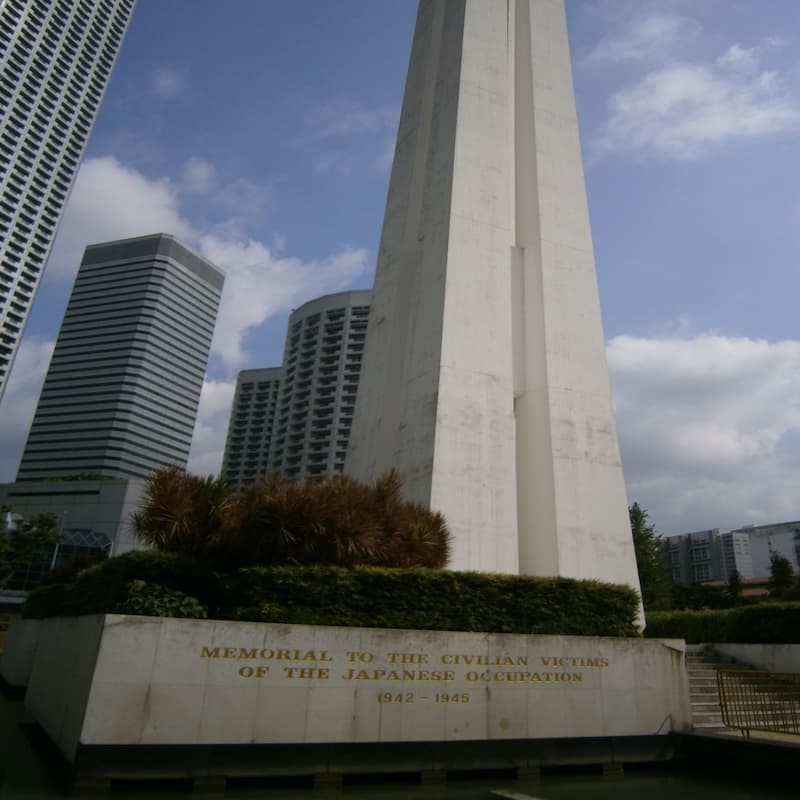
Acknowledgement of Country
RMIT University acknowledges the people of the Woi wurrung and Boon wurrung language groups of the eastern Kulin Nation on whose unceded lands we conduct the business of the University. RMIT University respectfully acknowledges their Ancestors and Elders, past and present. RMIT also acknowledges the Traditional Custodians and their Ancestors of the lands and waters across Australia where we conduct our business - Artwork 'Sentient' by Hollie Johnson, Gunaikurnai and Monero Ngarigo.